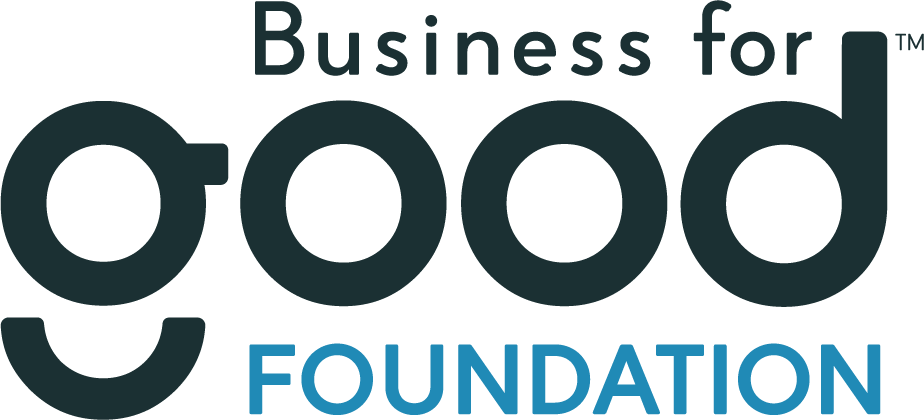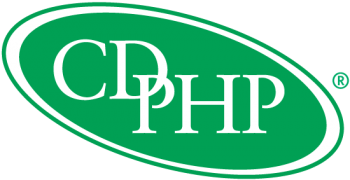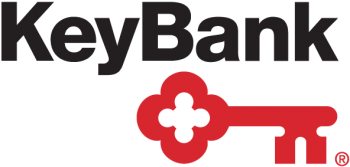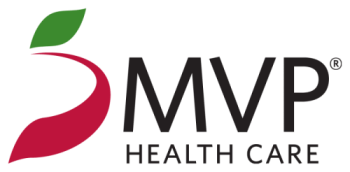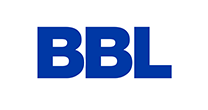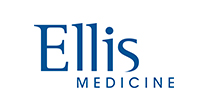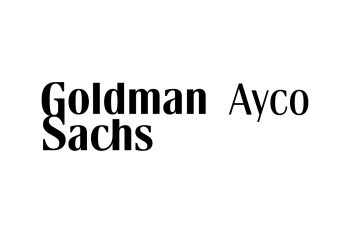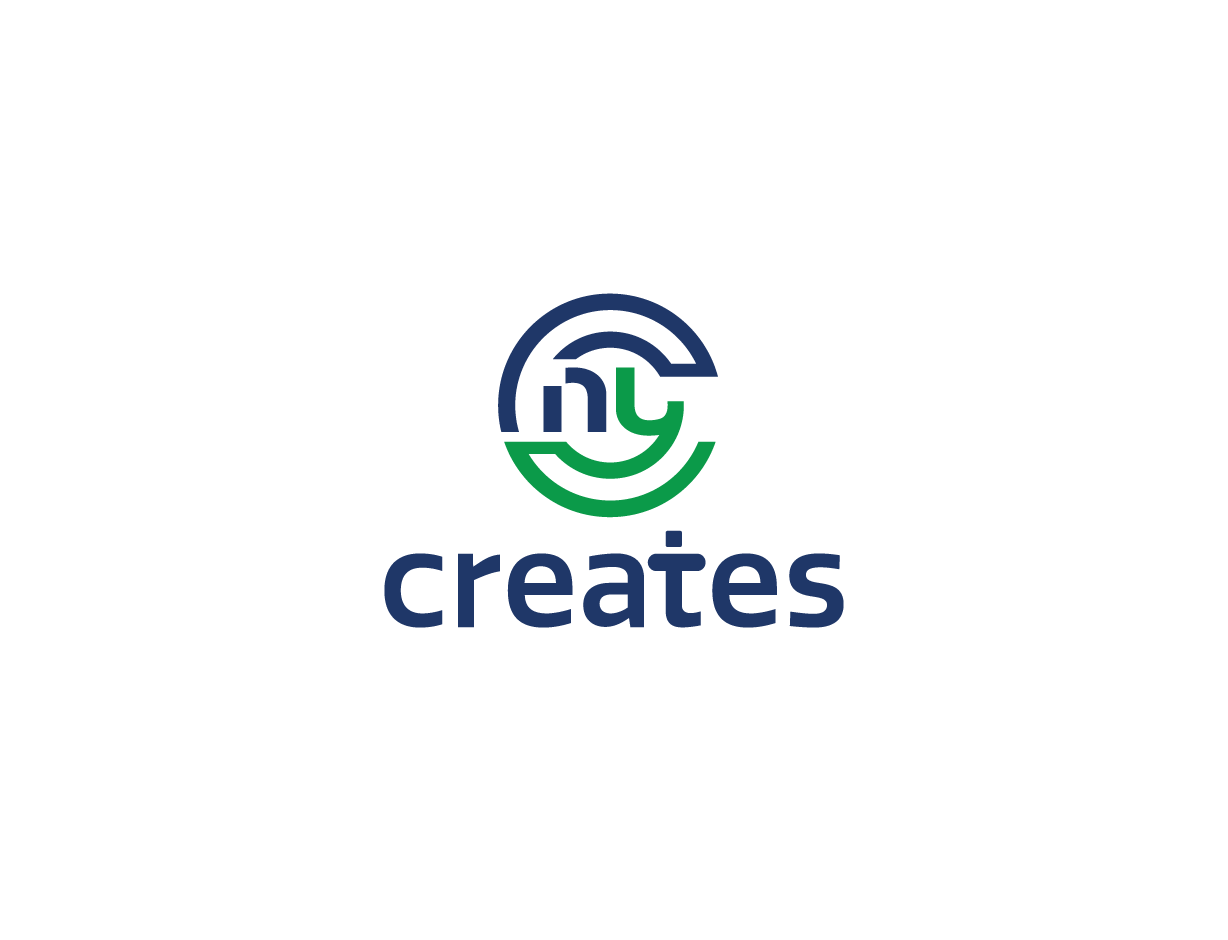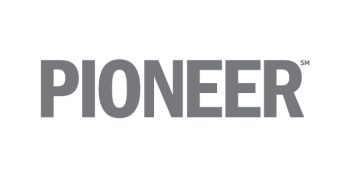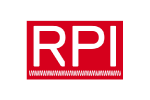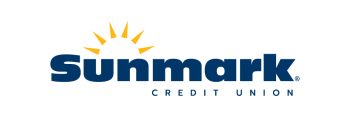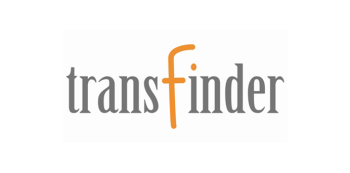News
October 14, 2020Back to School – Can an Individualized Education Plan (IEP) Help?
Children with disabilities can face more challenges than others, particularly during this year’s return to school. The federal Individuals with Disabilities Education Act (IDEA) guarantees all children with disabilities the right to a free and appropriate public education (FAPE). It covers children from birth through age 21 or completion of high school.
FAPE requires that the child advance at an appropriate rate considering his or her circumstances. Students may receive special education and related services to ensure FAPE. An Individualized Education Plan (IEP) documents these services, the child’s needs, and the goals for the year.
IDEA provides that the student will be placed in the least restrictive environment. This means that schools cannot remove children with disabilities from regular classroom settings unless education cannot be achieved satisfactorily even with additional services.
To qualify for an IEP, the child must have a disability that falls within one of thirteen categories. The disability must also affect the child’s ability to learn. The thirteen categories are autism; deafness; deaf-blindness; emotional disturbance; hearing impairment; learning disability; intellectual disability; multiple disabilities; orthopedic impairment; other health impairment; speech or language impairment; traumatic brain injury, and visual impairment including blindness.
The Legal Aid Society of Northeastern New York’s Children’s Law Project can advise and assist low-income children with disabilities. This assistance is free of charge. You can learn more about the Children’s Law Project by visiting www.lasnny.org/clp. If you have questions about an education matter, please contact LASNNY’s Legal Line at (833) 628-0087.


